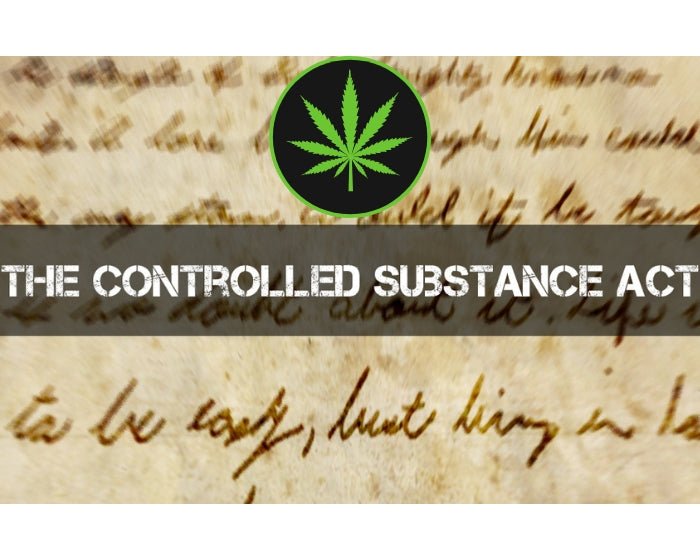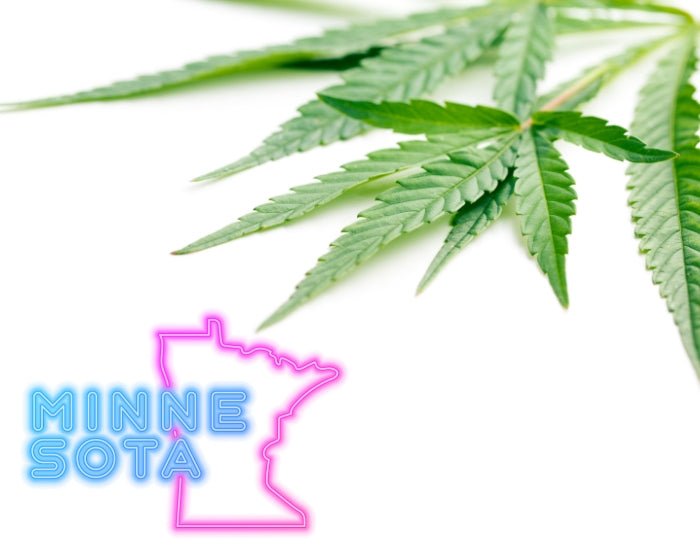The regulatory agency announced that it would be handing the headache of regulating the CBD industry off to Congress, citing insufficient safety standards.

As reported by numerous media outlets, the U.S. Food and Drug Administration (FDA) released a statement on Thursday announcing that it would no longer be regulating products containing the hemp-derived cannabinoid CBD. In that statement, the agency said there needs to be more information about the safety of CBD products to properly regulate them as foods or supplements under the FDA's current structure.
In a statement, FDA Deputy Commissioner Janet Woodcock said, "A new regulatory pathway would benefit consumers by providing safeguards and oversight to manage and minimize risks related to CBD products."
"A new regulatory pathway would benefit consumers by providing safeguards and oversight to manage and minimize risks related to CBD products."
- FDA Deputy Commissioner Janet Woodcock
The announcement comes at a particularly convenient time for the regulatory agency. Under increasing pressure from industry stakeholders and lawmakers, the FDA was on the verge of being called before Congress regarding its lack of action in setting regulations for the CBD industry.
Thursday's announcement means a continuation of the uncertain and uneasy future for the over $4 billion industry that has been reeling since the onset of the COVID-19 pandemic. Investment in the sector remains in limbo due to the lack of rules for CBD.
Regardless of who sets the guidelines, stakeholders are hopeful that if federal regulations allow hemp-derived cannabinoids to be treated as food or supplements and not drugs, financial interest in the sector could be revived.
However, with the FDA effectively punting its responsibility to Congress instead of delivering its long-awaited recommendations on handling CBD products, frustration and criticism by trade groups and industry advocates have been further inflamed. Many believe the FDA's concerns over the safety of CBD products are unfounded and that current dietary supplement and food guidelines handling the manufacturing, labeling, and marketing of products are sufficient for CBD.
As Jonathan Miller, General Counsel at the U.S. Hemp Roundtable, shares, "Contrary to the FDA's continued assertions regarding the safety of CBD, there is clear, established evidence of safety over the years. CBD products have been sold at retail for nearly a decade with no significant safety issues."
"Contrary to the FDA's continued assertions regarding the safety of CBD, there is clear, established evidence of safety over the years. CBD products have been sold at retail for nearly a decade with no significant safety issues."
- Jonathan Miller, General Counsel at the U.S. Hemp Roundtable
Supporters of the FDA's decision to deflect responsibility to Congress point to the 2018 Farm Bill as ground zero for the fundamental question of what to do with CBD. That legislation removed hemp from the controlled substances list and made it legal to cultivate hemp and manufacture and sell hemp-derived products, including CBD.
Since that time, there has been an onslaught of products containing CBD and other intoxicating cannabinoids derived from hemp, like the controversial delta-8 and delta-10 THC variants.
The agency and its leadership either needed to prepare better for the tsunami of hemp-based products that emerged due to the Farm Bill or overestimated its ability to address the regulatory concerns that inevitably emerged once the bill set the market's explosive growth in motion. Ultimately, Congress must now decide how best to handle the enigmatic yet lucrative and much sought-after CBD market.
The Farm Bill is up for negotiation and renewal in 2023. Advocates for the hemp industry have lobbied Congress to add language to the new Farm Bill that would designate CBD and other non-intoxicating cannabinoids as food supplements. Lawmakers on Capitol Hill could also draft and pass a stand-alone measure to address CBD and other hemp-derived compounds.
Regardless of what they decide to do, the CBD ball is squarely in the Congressional lawmakers' court to make the correct call on how to address the economic concerns of the industry and the health and safety of its loyal consumers. Simply put, decisive action needs to happen, and all parties involved must work together to create a viable and workable solution.
Shawn Hauser, a partner at Vicente Sederberg, who chairs the Denver firm's Hemp and Cannabinoids Department, echoes that sentiment by saying, "We will diligently work with Congress to develop and advance a pathway that protects consumers, creates certainty in the marketplace for CBD goods, and provides for sound regulation."
"We will diligently work with Congress to develop and advance a pathway that protects consumers, creates certainty in the marketplace for CBD goods, and provides for sound regulation."
- Shawn Hauser, Vicente Sederberg, Hemp and Cannabinoids Dept.
Sales of hemp-derived CBD are projected to total nearly $6 billion in 2023, and the market is estimated to grow to over $22 billion by 2030. It is well past time for those in charge to do the work and provide the leadership required to ensure economic stability and consumer health and safety within an industry too vital and valuable to ignore.








































